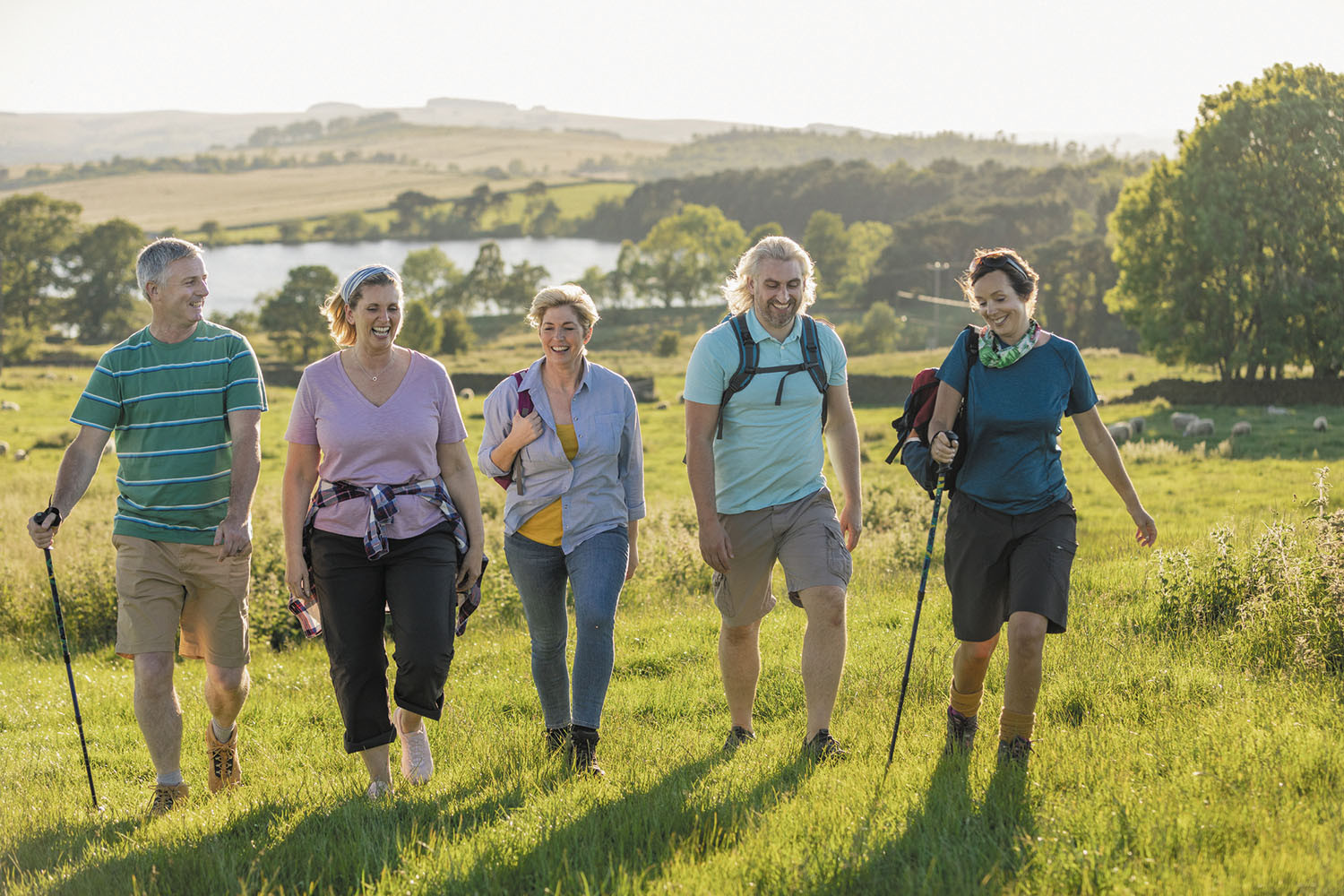
Zinc: What it does for the body, and the best food sources

Respiratory health harms often follow flooding: Taking these steps can help

Tips to leverage neuroplasticity to maintain cognitive fitness as you age

Can white noise really help you sleep better?

Celiac disease: Exploring four myths

What is prostatitis and how is it treated?

What is Cushing syndrome?

Exercises to relieve joint pain

Think your child has ADHD? What your pediatrician can do

Foam roller: Could you benefit from this massage tool?
Mental Health Archive
Articles
Eating disorders spike among children and teens: What parents should know
A notable rise in eating disorders is particularly marked among adolescent girls. Many kinds of eating disorders can affect children and teens, and parents need to understand their causes and be aware of signs suggesting their child may have an eating disorder.
Even light physical activity may help prevent dementia
Past research shows that exercise may help to prevent dementia. A new study found that this may be true even for people who only do light daily activity, such as errands or housework. People who got only a little exercise still had a lower risk of dementia than those who were inactive. The risk reduction, however, was not as large as that seen in people who exercised more. Adding small daily bouts of activity may still make a difference when it comes to brain health.
The worst habits for your brain
Many habits can contribute to poor brain health, but four areas can have the most influence. They are the four S's: sitting, socializing, sleep, and stress. Research has found that poor habits in these areas can affect cognitive skills like memory, learning, and problem solving, and are linked to a higher risk of cognitive decline and Alzheimer's disease. Adopting simple lifestyle changes may help.
Pool therapy beats physical therapy for chronic low back pain
A small, randomized trial published online Jan. 3, 2022, by JAMA Network Open suggests that aquatic or pool therapy is more effective at reducing chronic low back pain than physical therapy.
Sex, drugs, and depression: What your doctor needs to know
For many people, a visit to the doctor causes anxiety, and discussing sensitive subjects like sexual problems, substance use, or mental health issues is even more likely to induce discomfort. But these discussions can be less anxiety-inducing and more productive if people know what to expect.
Intimate partner violence and traumatic brain injury: An invisible public health epidemic
While post-concussive symptoms are common in women who have experienced intimate partner violence, many women hide their symptoms and little research has been done, meaning the long-term health risks of millions of women are unknown.
The care that transgender youth need and deserve
Some people feel very strongly that their gender is not the one they were assigned at birth. When families, health care providers, and others ignore or deny this, or try to stop the person from living as the gender they feel is right for them, it's not only unkind but dangerous.
Warming up to the cold: Staying active in any weather
It's difficult to get motivated to be active outside during cold-weather months, but it's important to your health and can help you meet any fitness goals you're trying to reach. There are ways to get outside and moving in cold temperatures.
The mental health crisis among children and teens: How parents can help
Alarming rates of anxiety and depression are affecting children and teens across the US. While calls are made to expand much-needed programs and access to services, there are actions parents can take today to support their children's mental health.
Hike your way to better health
Hiking is similar to walking but can be more challenging and can provide a nice change of pace. Walking over uneven terrain typically burns more calories than a walk on a flat surface. It also builds muscle strength and improves balance. A wilderness walk also brings mental health benefits. Choosing a path to a scenic destination may motivate people to go farther and climb higher and increase fitness gains.

Zinc: What it does for the body, and the best food sources

Respiratory health harms often follow flooding: Taking these steps can help

Tips to leverage neuroplasticity to maintain cognitive fitness as you age

Can white noise really help you sleep better?

Celiac disease: Exploring four myths

What is prostatitis and how is it treated?

What is Cushing syndrome?

Exercises to relieve joint pain

Think your child has ADHD? What your pediatrician can do

Foam roller: Could you benefit from this massage tool?
Free Healthbeat Signup
Get the latest in health news delivered to your inbox!
Sign Up











